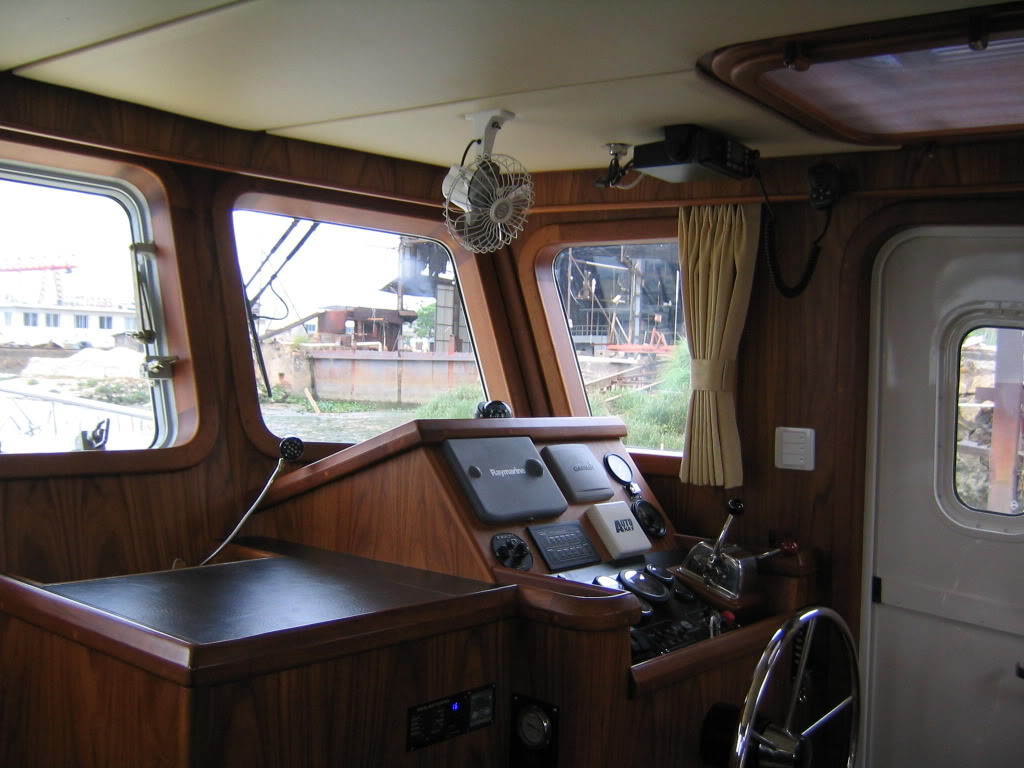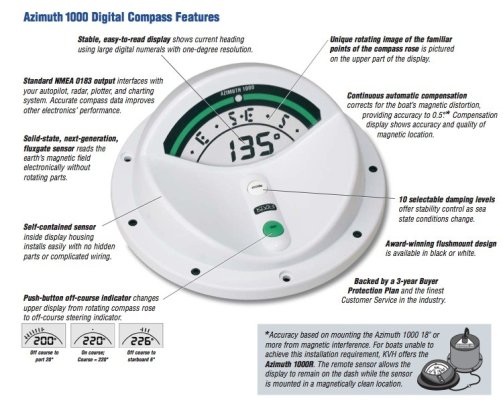skipperdude
Guru
With GPS the compass has sort of become an ornament on the helm.
How accurate is yours?
During the remodel I had to remove two small magnets mounted near my compass. Now I don't know where the heck they were mounted. So this weekend I plan on compensating my compass.
I broke out the Chapmans and started to read. This looks like it may take the whole weekend.
SD
How accurate is yours?
During the remodel I had to remove two small magnets mounted near my compass. Now I don't know where the heck they were mounted. So this weekend I plan on compensating my compass.
I broke out the Chapmans and started to read. This looks like it may take the whole weekend.
SD



